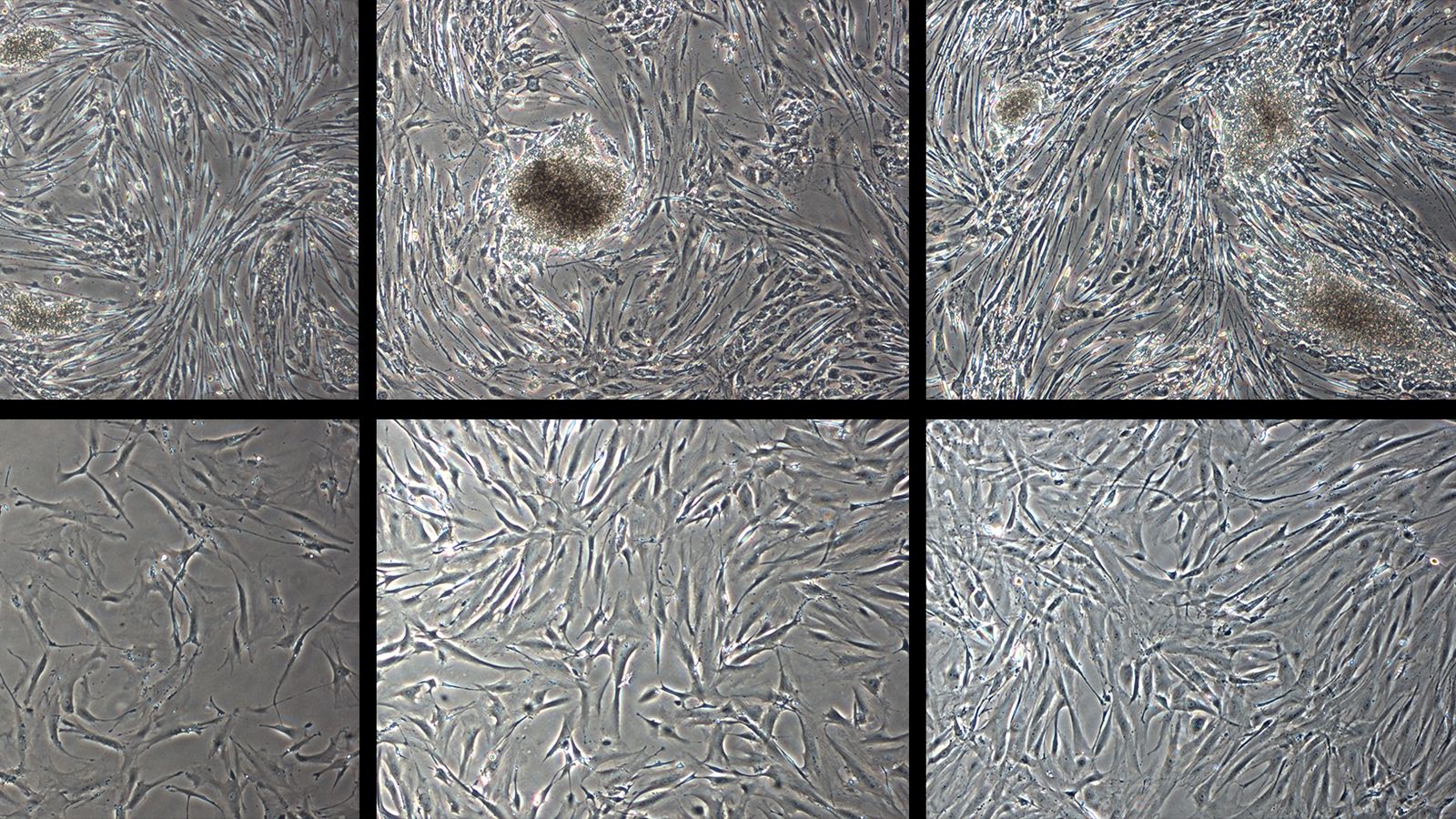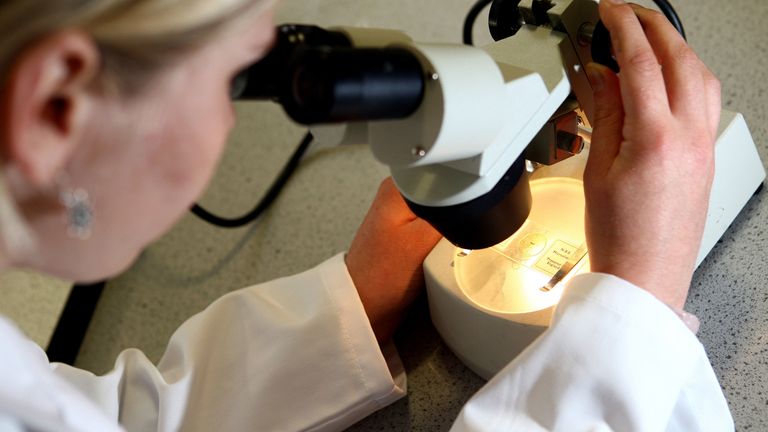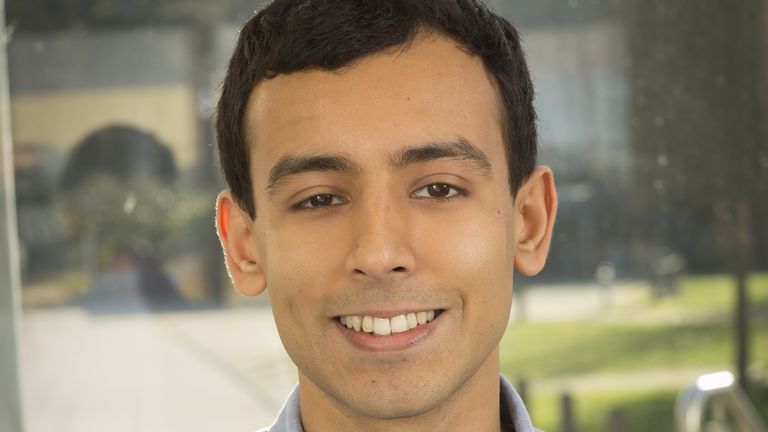Researchers have reversed ageing in human skin cells by 30 years, according to a new study.
While findings are still in the early stages, they could revolutionise regenerative medicine, especially if it can be replicated in other cell types.
Scientists in the study, published in eLife, said they developed a method to time jump human skin cells by three decades, rewinding the ageing clock without cells losing their function.
Researchers were able to partly restore the function of older cells, as well as renew the biological age.
In experiments that simulated a skin wound, the partially rejuvenated cells showed signs of behaving more like youthful cells.
Professor Wolf Reik, a group leader in the Epigenetics research programme who has recently moved to lead the Altos Labs Cambridge Institute, said: “This work has very exciting implications.
“Eventually, we may be able to identify genes that rejuvenate without reprogramming, and specifically target those to reduce the effects of ageing.
“This approach holds promise for valuable discoveries that could open up an amazing therapeutic horizon.”
Dr Diljeet Gill, a postdoctoral researcher in Prof Reik’s lab at the Babraham Institute, said: “Our results represent a big step forward in our understanding of cell reprogramming.
“We have proved that cells can be rejuvenated without losing their function and that rejuvenation looks to restore some function to old cells.
“The fact that we also saw a reverse of ageing indicators in genes associated with diseases is particularly promising for the future of this work.”
As people age, their cells’ ability to function declines and the genome – DNA blueprint – accumulates marks of ageing.
Regenerative biology aims to repair or replace cells, including old ones.
One of the most important tools in regenerative biology is our ability to create ‘induced’ stem cells.
However, this process essentially wipes the cells of their function and gives them the potential to become any cell type.
Follow the Daily podcast on Apple Podcasts, Google Podcasts, Spotify, Spreaker
However, the new method overcomes the problem of erasing cell identity by stopping reprogramming part of the way through the process.
This allowed researchers to find the balance of making cells younger while still retaining their specialised cell function.


